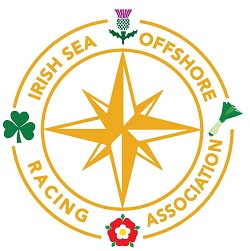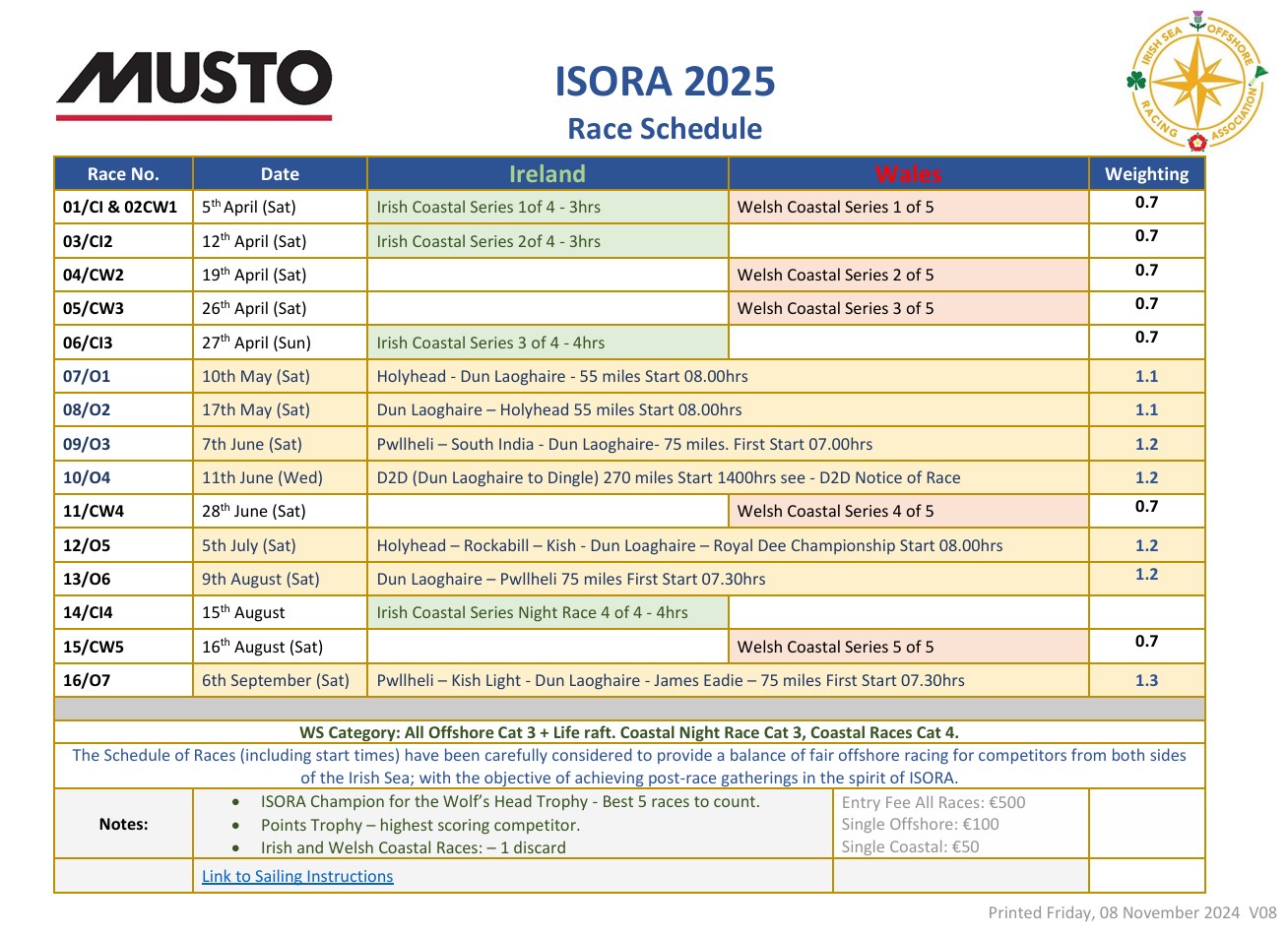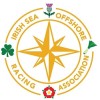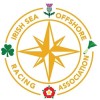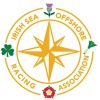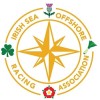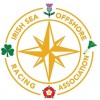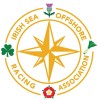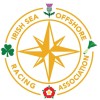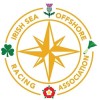ISORA - Irish Sea Offshore Racing Association
ISORA - Promoting the sport of Offshore Racing in the Irish Sea
Since 1972
The Association is run by volunteers for the benefit of competitors by working in partnership with boat owners, crew, yacht and sailing clubs, other associations and the governing bodies for boating in Ireland, Wales and the UK.
About ISORA - Racing
ISORA provides offshore racing in the Irish Sea and two separate Coastal Series - in Ireland and UK
Offshore RacingCoastal RacesRace 09 O3 | Pwllheli to Dun Laoghaire - Offshore Race |

This race is Race No. 9 in the Musto ISORA 2025 series and the 3rd Offshore Race.
The Sailing Instructions are published here
The Race Start Times :
- Class 2: 07:30
- Class 1: 07:45
- Class 0: 08:00
The course is published as follows:
- STARTING LINE at Pwllheli as defined in this Supplemental Sailing Instruction
- PSC 2 (Racing Turning Mark) (P) 52º 52.400'N 04º 25.580'W
- South India Cardinal (S) - N53º 0.351 W5º 53.325
- Passing ISORA Dublin Bay Virtual Mark (S) N53º 17.110 W6º 00.100
- Muglins (P) N53 16.520 W6 04.850
- FINISH LINE at Dun Laoghaire as defined in this Supplemental Sailing Instruction
Tide Graph in Pwllheli
Friday:
- Low 12:37 - 1.6m
- High: 18:11 - 3.8m
Saturday:
- Low 00:53 -1.8m
- High 06:24 - 4.1m
- Low 13:25 - 1.5m
So most yacht will get in after 15.00 hrs Friday but must be before 22.00hrs - based on 2.2m draft - Skippers advised to make their own calculations.
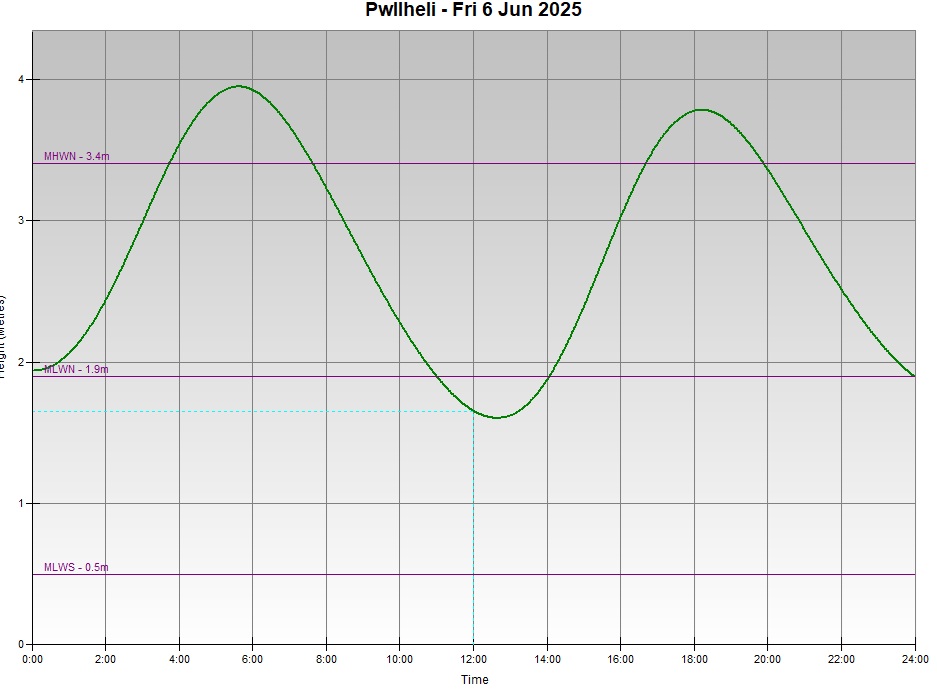
Berth Allocations on Plas Heli Pontoons
We recommend that anyone interested in this race should subscribe to the ISORA e-newsletters (priority racing) so that you will receive the latest racing information.
If you need help with anything whatsoever please reply to
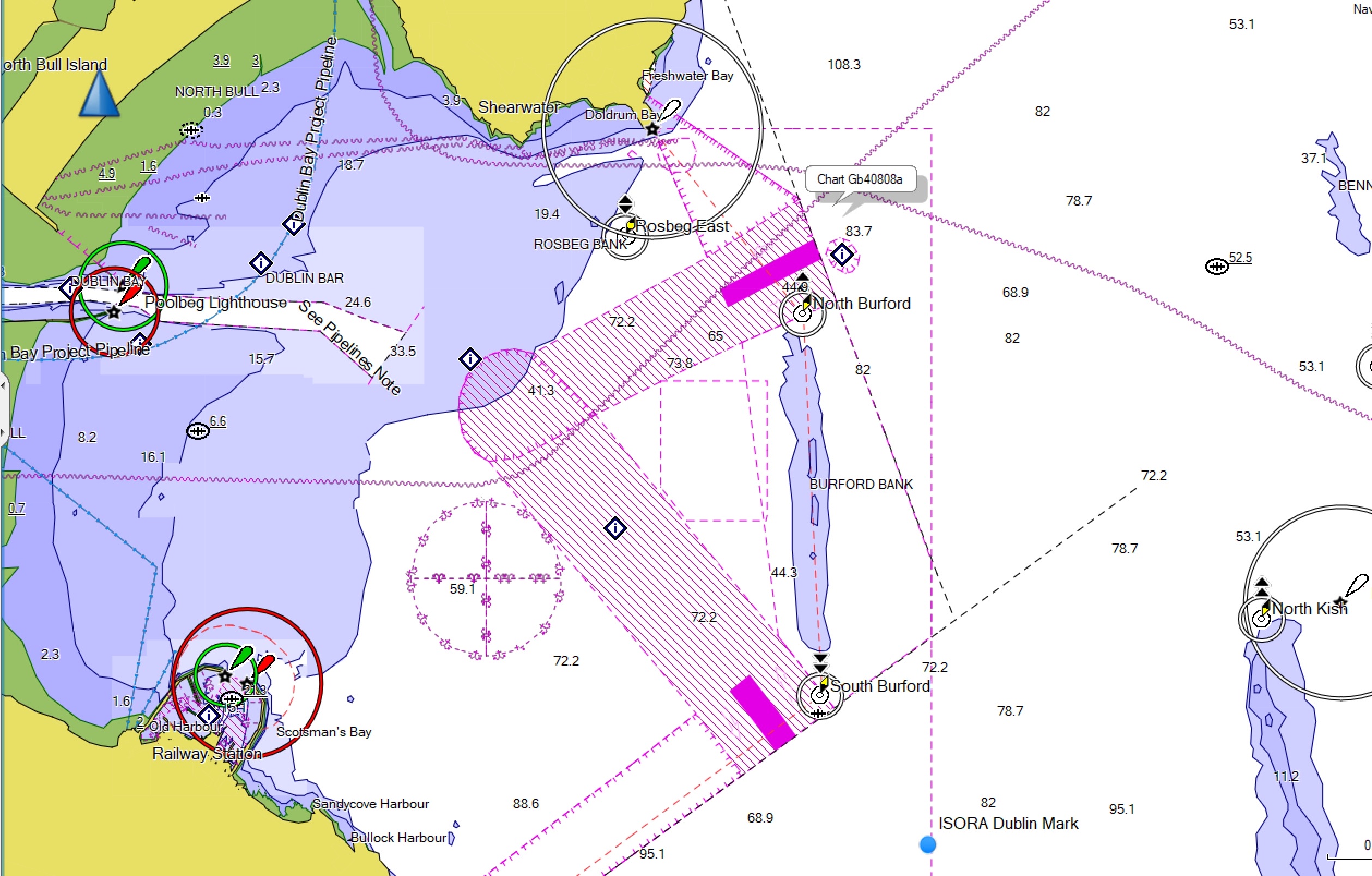
Link to results Last Race Results
Follow the above link for all Races in Ireland and UK
The results will be published shortly after the race has finished - just follow the link to the results page .............
The 2025 Online Entry Form is Open
Please enter the 2025 season or for individual races with this button:
Subscription to E-Newsletters
Use this subscription button to receive our Notice Board ServiceThis service will provide e-mail messages, notices and information about racing and social events.
We encourage all crews to subscribe.
More DetailsPlease Get in Touch to Know More About ISORA
The Association is run by volunteers for the benefit of competitors by working in partnership with boat owners, crew, yacht and sailing clubs, other associations and the governing bodies for boating in Ireland, Wales and the UK.| Home | About | Contact | Declaration | Disclaimer | Results |
Web site Designed by offshore sailors for offshore sailors ISORA.
